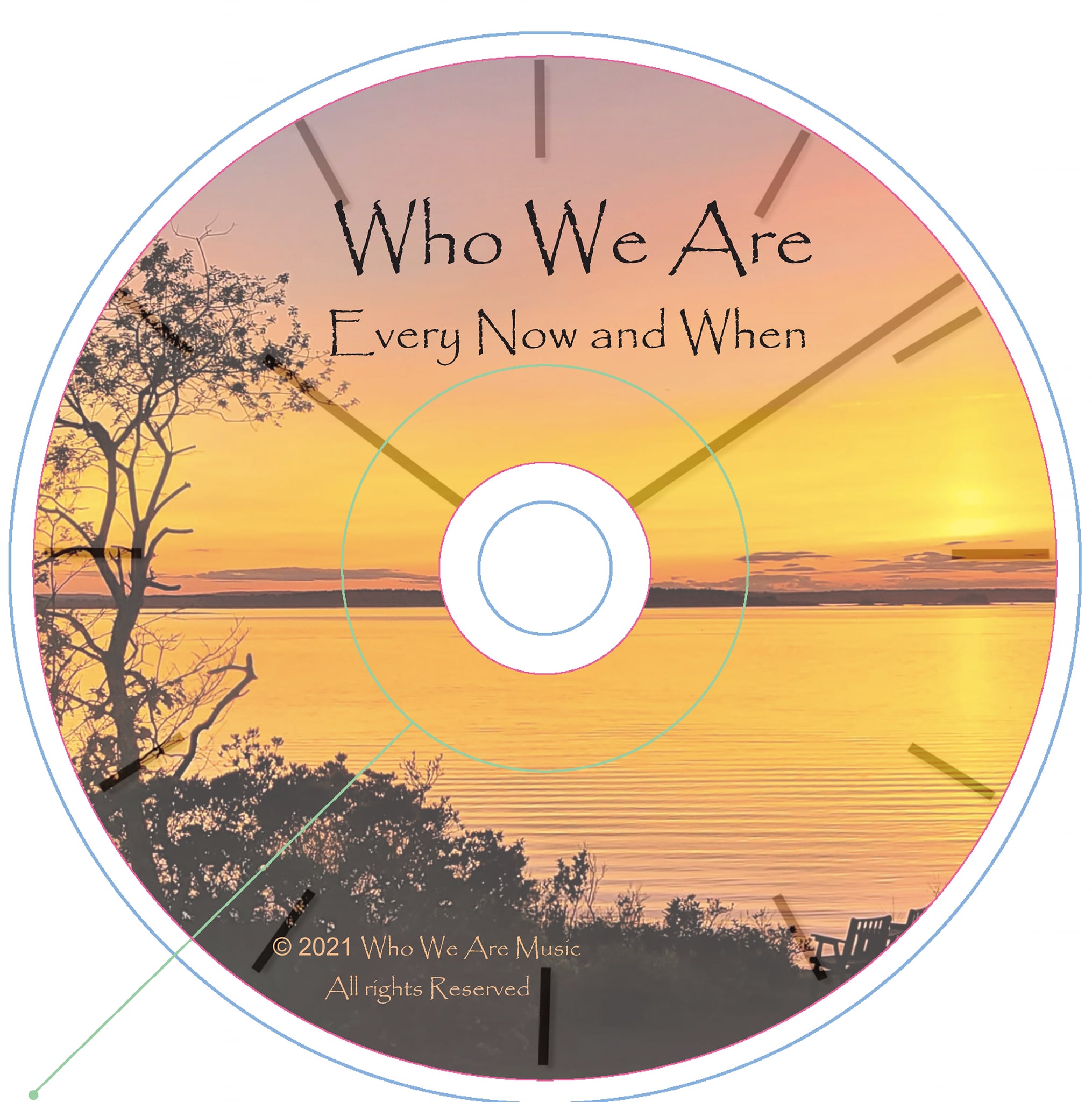Topics

Basic (free) Member
|
| | | |

Sharp Practise
|
5/1/2008 9:05:24 AM
My theory of mixing
I always like to take my time mixing – usually as much time as I’ve taken to get the songs down on the recording machine in the first place. Also, I like to be in the mood to mix – I don’t like to start when it seems like it’s a chore.
Like everyone I guess I’ll start with a reference mix. In other words, I’ll pull all the faders up to unity and remind myself of exactly what I have got recorded and available to play with.
I tend to start my mixes from the back; in other words I’ll get the drums sorted first, then add the bass, then the backing parts like rhythm guitar, keyboard pads etc, before adding the main vocals. After I’m happy with the individual sounds, the spacing and the relationship between all of those parts I’ll start seeing when lead instruments, backing vocals etc should fit.
The one thing I tend to always have in mind is the end product. How does this song link to the previous and next one on the album? Should it stand alone or stand out? In which case, which instruments need to be featured? What is the core of the song and do I actually need the seventeenth overdubbed guitar part – does it add anything to the arrangement or sound?
So, that’s the theory. I’ll talk through the practise with an example from a side project I’ve been working on recently – but that’s for next time!
See you then.
|

|

Richard Scotti
|
5/2/2008 12:28:10 PM
I also feel that mixing is extremely important and must be done with great care.
The passage of time has a tremendous influence on the mixing process. Sometimes I'll do a mix that sounds close to want I want but then I come back to it two weeks later and there are many things that just pop out at me and want to be changed.It's truly an organic art because your mind and your listening process are constantly evolving and growing. What sounded right two weeks ago may not sound right today. Mixing is a very primal thing with me. The snare has to be exactly at the right level and has to have the perfect sonic character for that song. An bad snare sound can kill a mix. Same goes for bass. The bass has to have the perfect relationship with the drums and the rest of the track or the whole thing just doesn't work. Some of this is science but most of this is art. I just keep listening to each variation of the mix until one mix grabs me on a gut level. If I get goose bumps, I know I'm getting somewhere. I like vocals to be out front so you can hear the lyrics but I don't like them to be TOO out front in relationship to the music.
I also try no to use too many effects. Mixing is probably the hardest part of creating a song and very frustrating. Sometimes trial and error is the best way to go. I'll create a mix, burn a CD, and them play it on a boom box, a car stereo, an iPod, a home stereo, various monitors, big and small, etc. If it sounds good on all those things, it's ready. Unfortunatley it rarely works out on the first try. It can be very frustrating!! But in the end, the extra work is worth it.
|

|

Richard Scotti
|
5/2/2008 12:31:01 PM
Sorry for all the typos. I must practice!
|

|

Merwolf
|
5/2/2008 1:31:01 PM
I concur. Mixing can be really frustrating. I also tend to try out master takes on various media - pc, ipod, stereo etc. I find it differs wildly from one to the other. On the whole, I find that it takes a good 5 or 6 attempts at least! Sometimes effects that sound great on headphones suck the life out of a track when blasted out of a hi-fi or in a car. It's definitely a case of trial and error for me. I'm also pretty sure that I've never had a finished song that I'm completely and utterly happy with. Mind you, I think that's as it should be - I prefer a few rough edges, as long as it captures the essence. Over and out, MW
|

|

Two Silo Complex
|
5/2/2008 1:46:21 PM
I also mix "backwards" as you call it.
Drums and bass first
Then rythme guitar
Next vocals
Then lead guitar
After that backing vocals.
If needed will then boost vocal over the top of the mix.
This is how I was trained by a professional engineer and how many studios work for the mix.
TSC
Ken
|

|

Kevin White
|
5/2/2008 1:50:58 PM
Most of the time, I build a mix like a house, from the foundation up -- starting w/ the low frequency content.
I start w/ the kick to get a level, then add bass to it and set the two -- snare follows, and then I generally finish the drum levels.
Once that's established, I'll add walls, windows and doors and a roof ... a.k.a. guitars/piano and other rhythmic bed elements to the arrangement.
Then comes the finish work, the showcase features ... lead instruments (incl vocal) ...
Add lawn ornamentation (effects and bgv's), some shrubbery (only shrubbery can be shrubbery) and the mix is done.
I usually don't take it out to the car or anywhere else to listen. I know my 4 monitor systems well enough to that when it sounds good on all of them, the mix is done.
I confess to being rather lazy though ... erring on the "that's close enough" side of things. It's something I fight in myself. Once I've tracked it, it takes government sanctions to get me to redo it. I work it and work it and work it until I have to admit to myself ... "Sorry, Kev, that just sucks. You'll have to retrack it."
Then I cry dry tears, usually pissed that I didn't see the deficiency of the part right away ... and I begrudgingly retrack ... except this time I'm not excited performing it, I'm pissed off that I had to retrack it.
Which, for me, usually results in a better track than the original.
Kev-
|

|

LyinDan
|
5/2/2008 5:20:04 PM
Building the drums/bass foundation first is a common way to go. Many pros do it.
But people are all over the map on this, even the pros.
I like to throw everything up at once and subtract.
Another way is to bring up the vocals, and build the track around them. After all, vox is the most important part in many tracks. So it makes sense to get them up there, sounding great, then build around them, making sure none of the other stuff steps on them.
|

|

Kevin White
|
5/3/2008 6:13:57 AM
It can vary from piece to piece ...
If I'm dealing with less complex material, then I push the faders up and simply begin to turn knobs ... well, click knobs ...
K-
|

|
| |
�2015-16 IndieMusicPeople.com All Rights
Reserved
| |
|